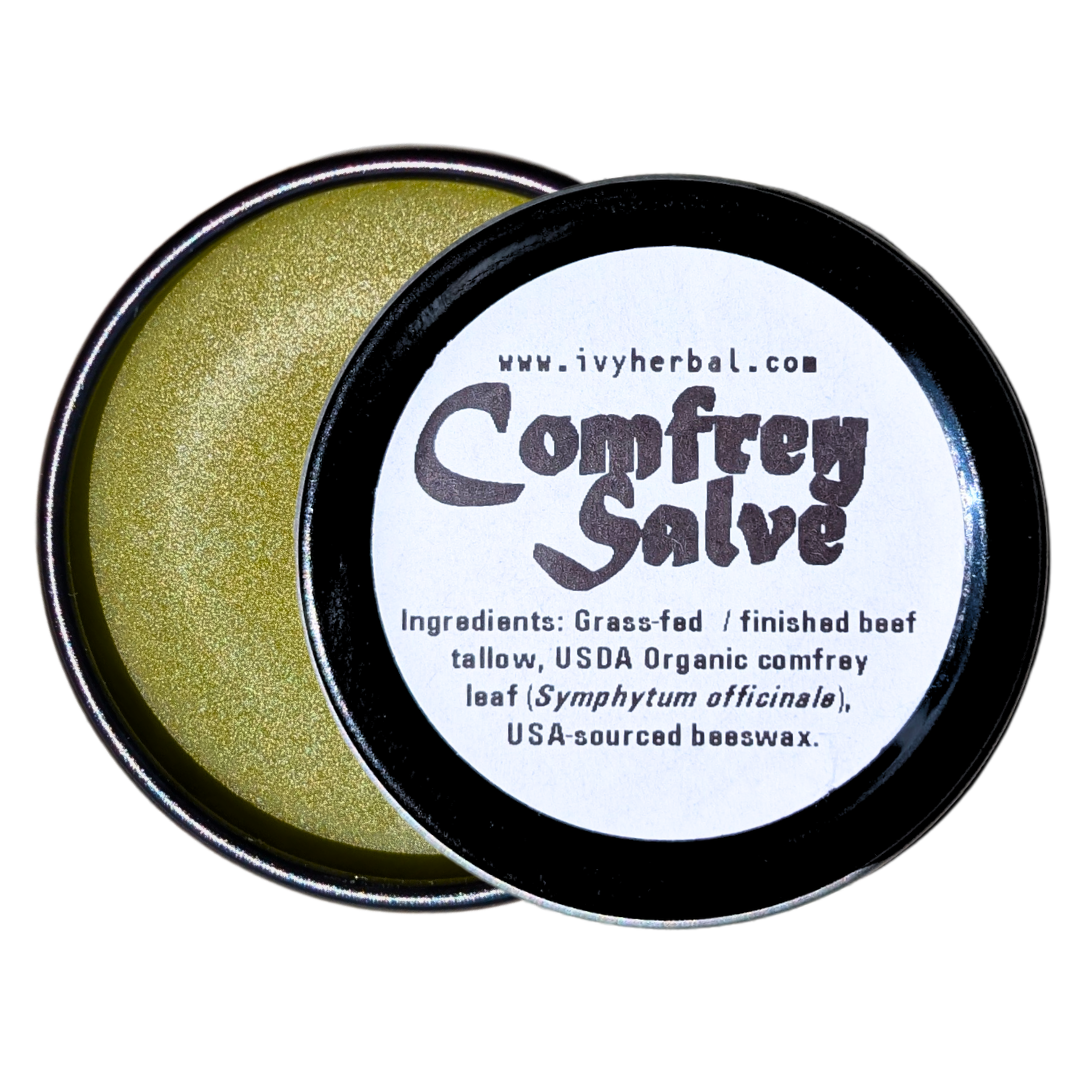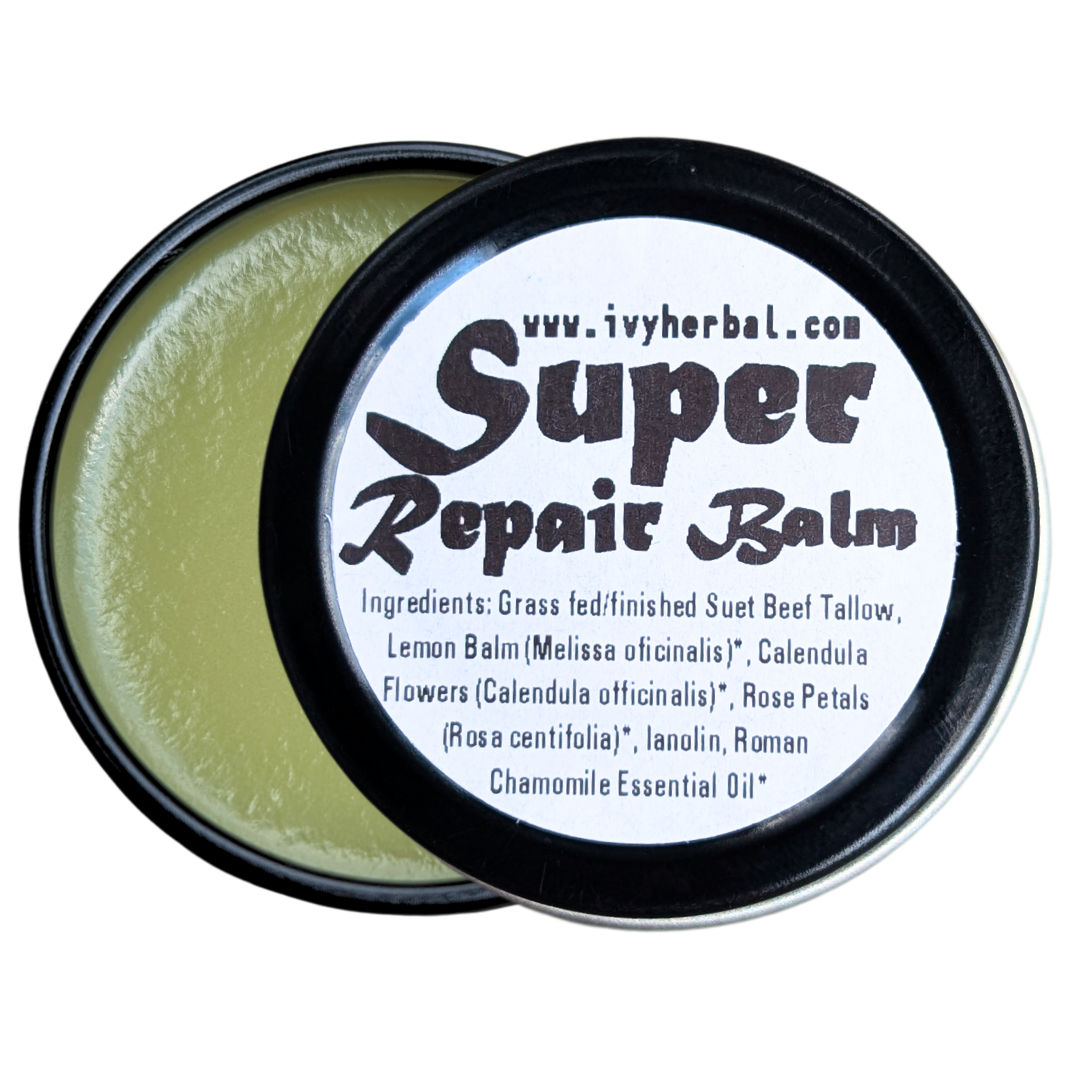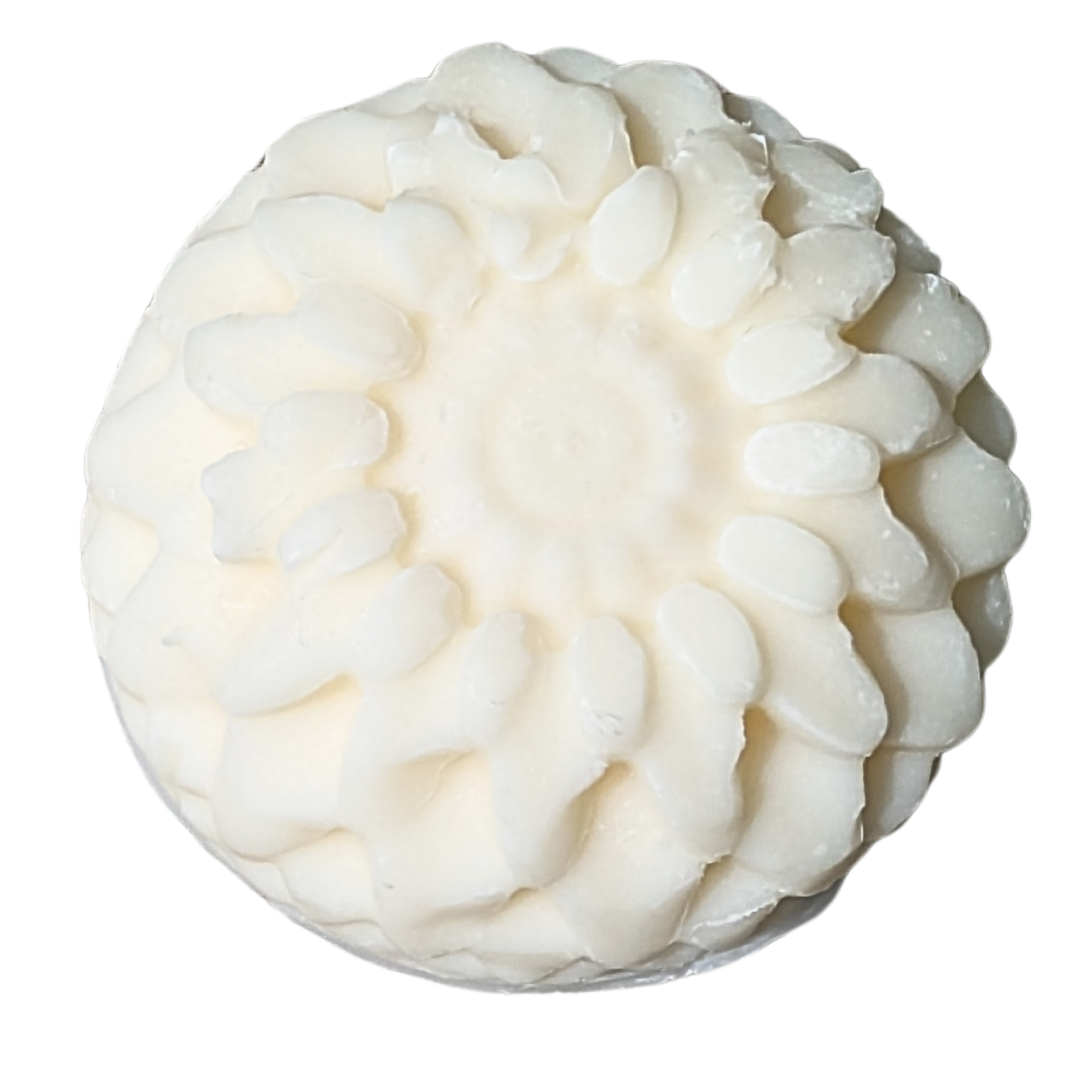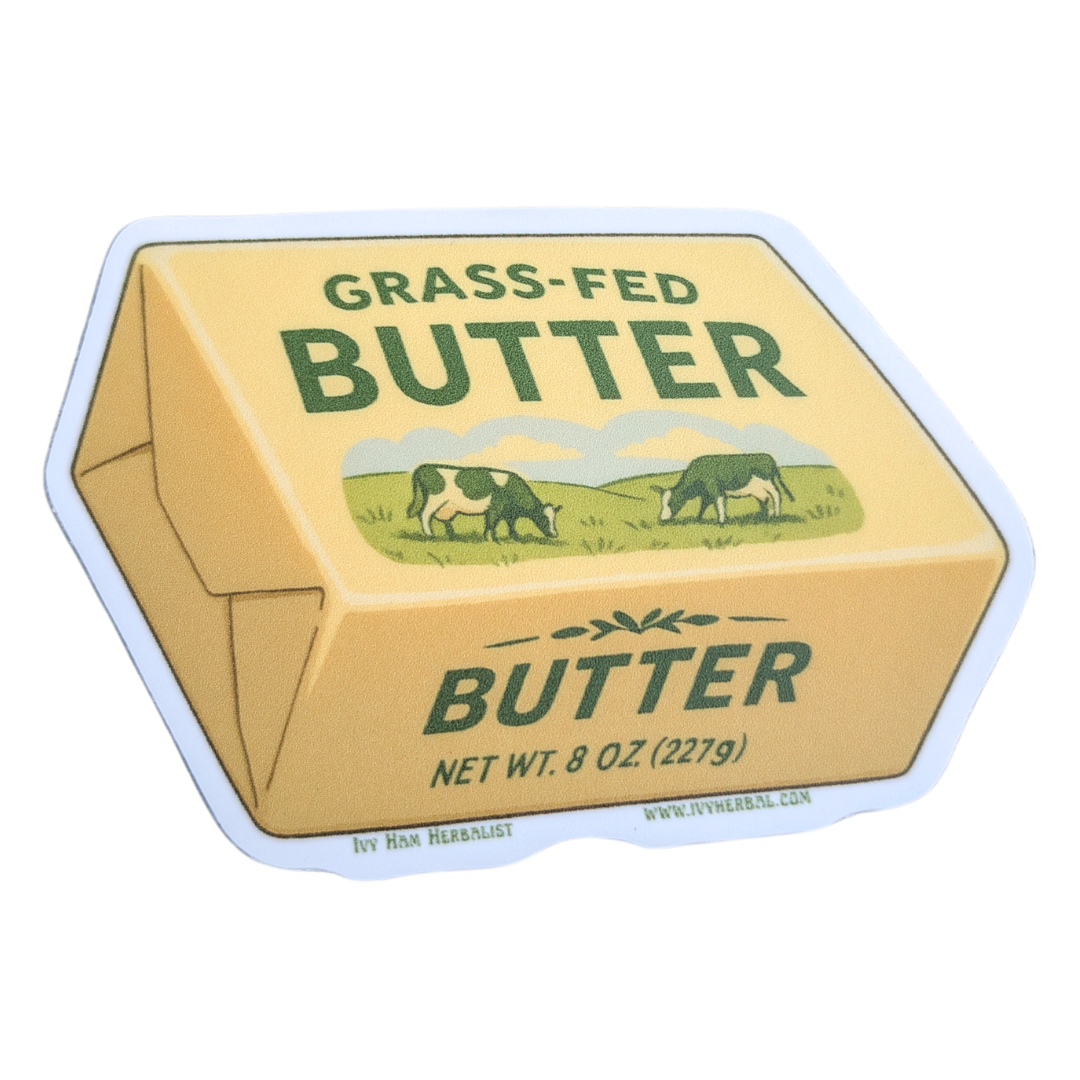What is Leaky Gut?
Leaky gut, also known as increased intestinal permeability, is a condition that affects the lining of the intestines. This condition occurs when the intestinal barrier, which normally functions as a gatekeeper by allowing nutrients to pass through while keeping harmful substances out, becomes compromised. When the gut lining is damaged, substances like toxins, undigested food particles, and harmful bacteria can "leak" into the bloodstream, potentially causing inflammation and contributing to a range of health issues.
While leaky gut is not officially recognized as a separate diagnosis by much of the Western medical community, there is growing interest in its potential role in various health problems, particularly within the field of functional and integrative medicine.
Symptoms of Leaky Gut
The symptoms associated with leaky gut are diverse and often overlap with other gastrointestinal and systemic conditions, which can make it challenging to diagnose. Common symptoms may include:
Digestive Issues: Bloating, gas, diarrhea, or irritable bowel syndrome (IBS)-like symptoms are often reported by those suspected to have leaky gut.
Food Sensitivities: An increase in reactions to various foods, particularly gluten, dairy, and certain grains, is commonly observed.
Fatigue and Brain Fog: Many individuals report feeling tired, unfocused, or mentally cloudy, potentially due to the inflammation triggered by substances leaking into the bloodstream.
Joint Pain and Muscle Aches: Systemic inflammation from a leaky gut can lead to widespread pain and discomfort.
Skin Problems: Conditions like acne, eczema, and rosacea are sometimes linked to leaky gut, as inflammation can impact skin health.
Mood Disorders: Anxiety, depression, and mood swings may be aggravated by the impact of leaky gut on the gut-brain axis.
Common Causes of Leaky Gut
The development of leaky gut is influenced by a combination of lifestyle, environmental factors and genetic predispositions. Some of the key contributors include:
Gluten and Gut Permeability
Gluten, a protein found in wheat, barley, and rye, has been found to affect the tight junctions in the gut lining in everyone, but especially in individuals with celiac disease or gluten sensitivity. Studies suggest that gluten can increase intestinal permeability by opening these junctions, allowing harmful substances and undigested proteins to leak into the bloodstream. This process can trigger immune responses and inflammation, especially in those who are sensitive to gluten.
Glyphosate Exposure
Glyphosate, a widely used herbicide, has been linked to increased intestinal permeability in animal studies. Some research indicates that glyphosate may disrupt gut bacteria and impair the intestinal barrier function. Glyphosate or RoundUp, also has been linked to various cancers and monsanto has settled out of court on a number of cases, awarding millions of dollars to cancer victims who were exposed to its product.
In the US, glyphosate is sprayed on non-organic wheat crops after harvest to help dry the grain and prevent mold growth. This practice may explain why some people report being able to eat wheat products without issues in countries like Italy, while experiencing gastrointestinal problems when consuming similar foods made from US-grown wheat.
“Let food be thy medicine and medicine be thy food” — Hippocrates
Although more research is needed to understand its full impact on human health, minimizing exposure to this chemical is something I would recommend for those concerned about preserving your health. Remember, buying the organically grown wheat products costs far less than getting cancer.
Stress
Chronic stress can significantly impact gut health. Stress triggers the release of hormones like cortisol, which may compromise the integrity of the gut lining over time. Furthermore, stress can lead to behaviors that negatively affect gut health, such as poor dietary choices and reduced sleep quality.
Substance Abuse
Excessive alcohol consumption, certain medications (such as NSAIDs and antibiotics), and recreational drugs can irritate the gut lining and contribute to increased permeability. Alcohol, in particular, can damage the cells that form the intestinal barrier, making it easier for toxins and bacteria to pass through.
The Western Medical Perspective on Leaky Gut
In Western medicine, leaky gut is not widely recognized as a standalone diagnosis. Instead, it is often considered a symptom or byproduct of other conditions, such as IBS (Irritable Bowel Syndrome) or IBD (Inflammatory Bowel Disease). The medical community may suggest dietary adjustments like a low FODMAP diet to manage symptoms, alongside tests for allergies and food sensitivities. However, some patients like myself years ago, find these solutions insufficient, as they may not address the underlying causes or factors contributing to leaky gut.
Despite emerging research on intestinal permeability, there is still some skepticism within the medical community about whether leaky gut directly causes systemic health issues. As a result, patients experiencing symptoms often turn to functional medicine practitioners, who may offer a more holistic approach to managing gut health.
After almost two years of dealing with constant leaky gut symptoms, getting “normal” lab results, and cutting my diet down to just a few foods I could tolerate, my skeptic doctor diagnosed me with IBD and told me I’d just have to “deal with it” for life. It was really discouraging, but now I realize that might have been true only if I had continued following her conventional medical advice. Once I switched to a holistic-minded herbalist and traditional Chinese medicine doctor, I finally started seeing improvement after all those years of struggle. Read more about my story here.
Beyond Conventional Medicine: A Holistic Approach
Functional and integrative medicine practitioners often view leaky gut as a multifactorial issue requiring a personalized approach. Common strategies to support gut health include:
Dietary Changes: Removing gluten, processed foods, and refined sugars, while incorporating cooked and easy to digest, fiber-rich, anti-inflammatory foods, is often recommended.
Supplements: L-glutamine, probiotics, and digestive enzymes are popular supplements that can support gut healing and digestion.
Lifestyle Modifications: Reducing stress, getting adequate sleep, and incorporating mindfulness practices are considered essential for maintaining a healthy gut.
For a more detailed protocol on how I healed my leaky gut and see the protocol I share with my clients, check out my Gut Repair Protocol article.
Final Thoughts
While conventional medicine may not fully recognize leaky gut as a distinct condition, awareness is growing. As more research emerges, our understanding of gut health and its systemic effects may evolve, potentially leading to more accessible and informed approaches for those suffering from symptoms of leaky gut. Accessibility of medicine is a huge issue, especially for those who financially are only able to access conventional western practitioners. I am hopeful as more doctors wake up to the benefits of switching to an integrative and holistic practice, the more access to this information will be within reach for everyone!
-
Tulstrup MV, Christensen EG, Carvalho V, Linninge C, Ahrné S, Højberg O, Licht TR, Bahl MI. Antibiotic Treatment Affects Intestinal Permeability and Gut Microbial Composition in Wistar Rats Dependent on Antibiotic Class. PLoS One. 2015 Dec 21;10(12):e0144854. doi: 10.1371/journal.pone.0144854. PMID: 26691591; PMCID: PMC4686753.
Bjarnason I, Takeuchi K. Intestinal permeability in the pathogenesis of NSAID-induced enteropathy. J Gastroenterol. 2009;44 Suppl 19:23-9. doi: 10.1007/s00535-008-2266-6. Epub 2009 Jan 16. PMID: 19148789.
Spiller RC. Hidden Dangers of Antibiotic Use: Increased Gut Permeability Mediated by Increased Pancreatic Proteases Reaching the Colon. Cell Mol Gastroenterol Hepatol. 2018 Jul 11;6(3):347-348.e1. doi: 10.1016/j.jcmgh.2018.06.005. PMID: 30182044; PMCID: PMC6120961.
Ran Y, Fukui H, Xu X, Wang X, Ebisutani N, Tanaka Y, Maeda A, Makizaki Y, Ohno H, Kondo T, Kono T, Tozawa K, Tomita T, Oshima T, Miwa H. Alteration of Colonic Mucosal Permeability during Antibiotic-Induced Dysbiosis. Int J Mol Sci. 2020 Aug 25;21(17):6108. doi: 10.3390/ijms21176108. PMID: 32854266; PMCID: PMC7504080.
Sigthorsson G, Tibble J, Hayllar J, Menzies I, Macpherson A, Moots R, Scott D, Gumpel MJ, Bjarnason I. Intestinal permeability and inflammation in patients on NSAIDs. Gut. 1998 Oct;43(4):506-11. doi: 10.1136/gut.43.4.506. PMID: 9824578; PMCID: PMC1727292.
Barnett JA, Bandy ML, Gibson DL. Is the Use of Glyphosate in Modern Agriculture Resulting in Increased Neuropsychiatric Conditions Through Modulation of the Gut-brain-microbiome Axis? Front Nutr. 2022 Mar 8;9:827384. doi: 10.3389/fnut.2022.827384. PMID: 35356729; PMCID: PMC8959108.
Del Castilo I, Neumann AS, Lemos FS, De Bastiani MA, Oliveira FL, Zimmer ER, Rêgo AM, Hardoim CCP, Antunes LCM, Lara FA, Figueiredo CP, Clarke JR. Lifelong Exposure to a Low-Dose of the Glyphosate-Based Herbicide RoundUp® Causes Intestinal Damage, Gut Dysbiosis, and Behavioral Changes in Mice. Int J Mol Sci. 2022 May 17;23(10):5583. doi: 10.3390/ijms23105583. PMID: 35628394; PMCID: PMC9146949.
Achamrah N, Déchelotte P, Coëffier M. Glutamine and the regulation of intestinal permeability: from bench to bedside. Curr Opin Clin Nutr Metab Care. 2017 Jan;20(1):86-91. doi: 10.1097/MCO.0000000000000339. PMID: 27749689.
Aleman RS, Moncada M, Aryana KJ. Leaky Gut and the Ingredients That Help Treat It: A Review. Molecules. 2023 Jan 7;28(2):619. doi: 10.3390/molecules28020619. PMID: 36677677; PMCID: PMC9862683.
Khoshbin K, Camilleri M. Effects of dietary components on intestinal permeability in health and disease. Am J Physiol Gastrointest Liver Physiol. 2020 Nov 1;319(5):G589-G608. doi: 10.1152/ajpgi.00245.2020. Epub 2020 Sep 9. PMID: 32902315; PMCID: PMC8087346.
Farré R, Fiorani M, Abdu Rahiman S, Matteoli G. Intestinal Permeability, Inflammation and the Role of Nutrients. Nutrients. 2020 Apr 23;12(4):1185. doi: 10.3390/nu12041185. PMID: 32340206; PMCID: PMC7231157.
Wang B, Wu G, Zhou Z, Dai Z, Sun Y, Ji Y, Li W, Wang W, Liu C, Han F, Wu Z. Glutamine and intestinal barrier function. Amino Acids. 2015 Oct;47(10):2143-54. doi: 10.1007/s00726-014-1773-4. Epub 2014 Jun 26. PMID: 24965526.
Perna S, Alalwan TA, Alaali Z, Alnashaba T, Gasparri C, Infantino V, Hammad L, Riva A, Petrangolini G, Allegrini P, Rondanelli M. The Role of Glutamine in the Complex Interaction between Gut Microbiota and Health: A Narrative Review. Int J Mol Sci. 2019 Oct 22;20(20):5232. doi: 10.3390/ijms20205232. PMID: 31652531; PMCID: PMC6834172.
Rao R, Samak G. Role of Glutamine in Protection of Intestinal Epithelial Tight Junctions. J Epithel Biol Pharmacol. 2012 Jan;5(Suppl 1-M7):47-54. doi: 10.2174/1875044301205010047. PMID: 25810794; PMCID: PMC4369670.
















